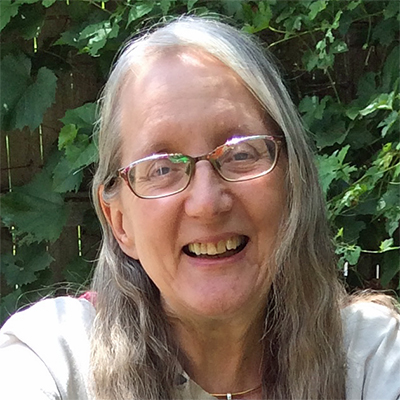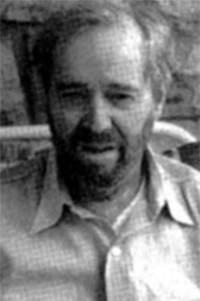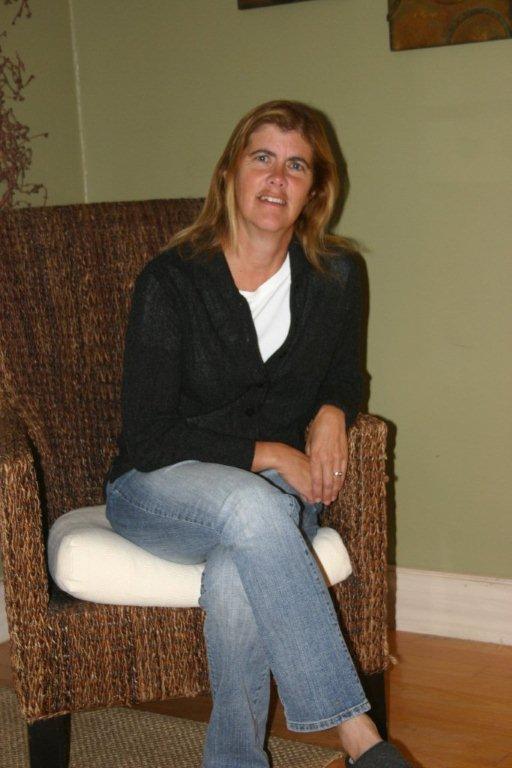Sports Poetry & Prose Contest 2012
Congratulations to the winners of our 2012 Sports Poetry & Prose Contest!
Honorable Mention $100
- Chris Joyner, Sneakerheads, Poetry
- Michael Levan, Pastimes, Poetry
- Dale Ritterbusch, Mother Teresa Plays Tennis, Poetry
- Sarah Sala, Harlem River Anthem, Poetry
- Michael Woods, Pundits, Poetry
- Jason Bellipanni, Morning Crew, Fiction
- Nicole Nelson, The Beautiful Game, Fiction
- Glen Wood, Ticket to an Execution, Fiction
- Christine Hennessey, Go Agro, Nonfiction
- Marilyn Moriarty, Bladed Lady, Nonfiction
- Nikki Schulak, The Emperor’s New Jump Rope, Nonfiction
Thanks to everyone who entered our first Sports Poetry & Prose Contest. We received 288 entries, where an entry was 1-2 poems or one story or essay. Our judges, Ellen LaFleche and Jendi Reiter, were thrilled to see how many sports were covered, from single-person sports such as running, biking, and rock-climbing, to duel sports such as boxing and fencing, and team sports ranging from roller derby to soccer, rowing, football, baseball, and basketball. These pastimes inspired deep reflections on such topics as the role of parents in sports, religious aspects of sports, and the personal meaning of victory and loss. The emotional range was also wide, including humor, inspiration, nostalgia, and personal and political struggle. We gained new appreciation for our favorite sports and learned something about many others.
The Judging
Assistant Judge Ellen LaFleche read the first round of entries, producing a generous shortlist of about 200 for Winning Writers Editor Jendi Reiter, who picked about 50 semifinalists across all genres. We made the case for our favorites, read passages aloud, and chose the six poetry and seven prose winners you see before you. (We added an extra prose honorable mention because the nonfiction category was especially strong this year.) As always, judging was completely anonymous.
In all genres, we were looking for the right combination of the particular and the universal: enough detail to immerse readers in the experience of playing or watching a specific sport, but also a connection to larger themes. What does this sports anecdote reveal about human relationships or society? We wanted to feel a personal connection to the characters, even in essays that had scholarly as well as narrative elements.
Be careful with writing that provides only a play-by-play account of a game. While a close game can provide suspense, by itself it may not give your piece enough significance to stand out. We look for writing that teaches us something new. This does not necessarily mean new information; it means a new perspective on sports, new metaphors, new ways of thinking about the role of sports in our culture, the role of gender in sports, whether athletic success can overcome poverty and discrimination, and so on.
Accessibility is another consideration. As a writer, you can't assume that every reader will be familiar with the players and history of your chosen sport. Ideally, you should write in such a way that newcomers to the game, as well as long-time fans, can appreciate the flavor and significance of the facts you include.
Speaking of facts, please make sure that the names of players are spelled correctly, and that all statistics are accurate. It is important to know the history of the sport you are writing about. For example, baseball players and writers in the 1940s were not thinking about sabermetrics because these computer-generated statistics had not been invented.
We were struck by how many entries dealt with sexuality and sports. The judges had some intense discussions about this. While our culture certainly encourages men to think of sexual conquest as a reward for athletic prowess, we were hesitant to award prizes to work that uncritically replicated this dynamic. Please be careful that your entry is not gratuitous or demeaning in its depiction of sexuality.
Also, think harder about matching form to content. A string of facts is not a poem. Neither, in our opinion, is a narrative without any poetic devices such as metaphor. There should be a reason why you chose to frame this anecdote or reflection as a poem, rather than a story or essay, and that reason should be evident to the reader—a focus on interior experience, for example, or heightened attention to sound and imagery.
The Winners
In poetry, first-prize winner Starkey Flythe's "State Champ" perfectly balances passion and upper-crust restraint in a psychological study of a doctor's wife who channels her frustrations into excellence on the golf course. She's made her peace with how the game is played, from fudged scores to infidelities, but she has few illusions left.
Runner-up Harry Bauld's "Late Round" and "Boxer" are fierce, melancholy lyric poems about the pain and joy of giving your all to a sport that destroys your body. Both poems are written in couplets, as befits a duel sport like boxing—one in slant rhyme, the other in the challenging Persian form known as the ghazal.
In prose, first-prize winner Scott Winkler's story "The Kicker" takes place during the crucial last seconds of a football game. Even though the outcome of the game is in question, the narrator's flashbacks to the personal challenges in his life—in particular, his suspicion-ravaged marriage—are equally suspenseful. Written in numbered paragraphs with no transitions, similar to a prose-poem in its associative leaps, the unusual style of this tale enhances the effect of time suspended in the balance.
Runner-up Candace Jaffe's essay "The Weight of Silver" artfully interlaces storytelling and research summaries to create a memorable inquiry into the psychology of almost-winning. With a strong narrative through-line and a wide-ranging yet cohesive argument, this entry epitomizes how to structure an essay that engages both the intellect and the emotions of the reader.
We are extremely proud of the poems that did win this year, but since the volume and quality of the prose submissions was greater, we are trying something different with next year's contest, suspending the poetry category and awarding separate prizes for fiction and nonfiction. We welcome feedback from our entrants and readers, and look forward to reading your work!
Contest Judges

Jendi Reiter
Jendi Reiter is vice president of Winning Writers, editor of The Best Free Literary Contests, and oversees the Winning Writers literary contests. Jendi is the author of the novel Origin Story (Saddle Road Press, 2024), the short story collection An Incomplete List of My Wishes (Sunshot Press, 2018), the novel Two Natures (Saddle Road Press, 2016), the poetry collections Made Man (Little Red Tree Publishing, 2022), Bullies in Love (Little Red Tree Publishing, 2015), and A Talent for Sadness (Turning Point Books, 2003), and the award-winning poetry chapbooks Swallow (Amsterdam Press, 2009) and Barbie at 50 (Cervena Barva Press, 2010). Awards include a Massachusetts Cultural Council Artists' Grant for Poetry, the 2016 New Letters Prize for Fiction, the 2016 Rainbow Award for Best Gay Contemporary Fiction, the 2015 Wag's Revue Poetry Prize, the 2013 Little Red Tree International Poetry Prize, the 2012 Betsy Colquitt Award for Poetry from Descant magazine, the 2011 James Knudsen Editor's Prize in Fiction from Bayou Magazine, the 2011 OSA Enizagam Award for Fiction, the 2010 Anderbo Poetry Prize, and second prize in the 2010 Iowa Review Awards for Fiction. Jendi's work has appeared in Poetry, The New Criterion, Mudfish, Passages North, Cutthroat, Best American Poetry 1990, and many other publications. See their interviews in RoundPier and Lammergeier.
Photo by Ezra Autumn Wilde
Contest Judges

Ellen LaFleche
Ellen LaFleche is a past judge of our North Street Book Prize. She has worked as a journalist and women's health educator in Western Massachusetts. Her manuscript, Workers' Rites, won the Philbrick Poetry Award from the Providence Athenaeum and was published as a chapbook in 2011. Another chapbook, Ovarian, was published in 2011 by the Dallas Poets Community Press, and a third chapbook, Beatrice, about a semi-cloistered nun, was published in 2012 by Tiger's Eye Press. Her poems have been published in Spoon River Poetry Review, Hunger Mountain, New Millennium Writings, The Ledge, Alligator Juniper, Many Mountains Moving, Harpur Palate, Southeast Review, and Naugatuck River Review, among many others. Prose credits include her 2014 Daily Hampshire Gazette article "Taken too soon, at 65: My husband John Clobridge's final days with ALS". She also reviews books for Wordgathering, the online journal of disability poetics. She has won the Ruth Stone Poetry Prize, the New Millennium Poetry Prize (shared with Jim Glenn Thatcher), the DASH Poetry Journal Prize, the Poets on Parnassus Prize for poetry about the medical experience, second prize in The Ledge Poetry Awards, and the Editor's Choice Award for Poetry from Writecorner Press.











